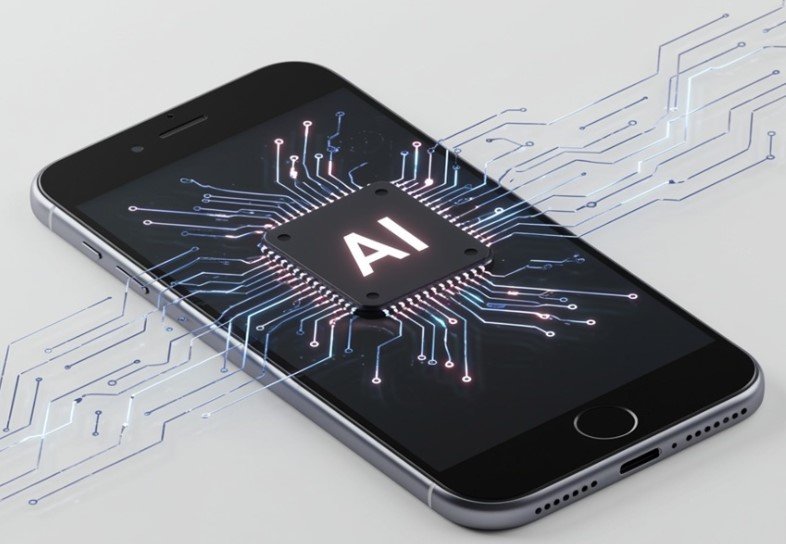Apple unveiled the iPhone 17 series on September 9, 2025, in Cupertino, California, focusing on design and hardware upgrades while downplaying AI features. Recent reports suggest Google Gemini AI could step in to address Apple Intelligence delays, potentially powering a revamped Siri and fixing key issues for users seeking smarter phone experiences.
This move comes as Apple faces criticism for lagging in the AI race, with competitors like Google and Samsung pushing advanced tools. By integrating Gemini, Apple aims to catch up without building everything from scratch, sparking debates on partnerships in tech.
Apple’s iPhone 17 Launch Highlights Design Over AI
The iPhone 17 event emphasized sleek designs, new colors, and improved cameras, but AI took a backseat. Tim Cook highlighted baseline features like writing tools and image generation, yet core promises from 2024 remain undelivered.
Experts note this shift back to Apple’s roots in style, but it leaves users waiting for meaningful AI. Delays in Siri upgrades have frustrated early adopters, who expected more by now.
Comparisons show rivals advancing faster. For instance, Google’s Pixel 10 integrates AI deeply into daily tasks, making Apple’s approach seem outdated.
Google Gemini as a Potential Fix for Apple Intelligence Gaps
Talks between Apple and Google hint at Gemini powering Siri enhancements for iPhone 17. This could bring advanced search, translation, and generative features without heavy investment from Apple.

Bloomberg reports early discussions for outsourcing AI tech, a smart move given Apple’s slower pace. If finalized, it might roll out in 2026, supercharging Siri for better voice commands and personalization.
This partnership echoes past deals, like Google as default search on iPhones, but focuses on AI to bridge gaps.
Analysts predict this could save Apple billions while delivering reliable tools. Users might see on-device AI with privacy perks, aligning with Apple’s values.
How Competitors Are Outpacing Apple in Smartphone AI
Samsung boasts 200 million Galaxy AI users as of early 2025, targeting 400 million by year-end. Their tools include live translation and multitasking aids, available even on budget models.
Google’s Pixel series leads with agentic AI, shifting from apps to intelligent agents for tasks like scheduling and content creation.
Other brands like Honor and OnePlus innovate with deepfake detection and quick AI access keys.
| Brand | Key AI Feature | User Impact |
|---|---|---|
| Gemini Nano for on-device processing | Faster, private queries | |
| Samsung | Galaxy AI for call translation | Seamless global communication |
| Honor | AI deepfake detection | Enhanced security against scams |
| OnePlus | AI VoiceScribe | Effortless note-taking from voice |
This table shows how rivals integrate AI systemically, pressuring Apple to adapt.
Challenges and Delays in Apple Intelligence Rollout
Apple Intelligence launched with basics like summarization and visual search, but advanced Siri features are delayed to late 2025 or beyond. Beta tests reveal bugs and incomplete integrations, raising reliability concerns.
Privacy focus slows progress, as Apple prioritizes on-device processing over cloud reliance. This contrasts with Google’s hybrid approach, blending speed and security.
User feedback on forums highlights frustration. Many report Siri misunderstandings, pushing them toward third-party apps.
Logical reasoning suggests outsourcing to Gemini could speed fixes, leveraging Google’s AI expertise without compromising Apple’s ecosystem.
What This Means for iPhone Users and the Tech Industry
For iPhone 17 owners, Gemini integration could mean smarter assistants handling complex queries, like planning trips or editing photos intuitively.
Industry-wide, this signals more collaborations, reducing solo development costs amid rising AI demands.
Recent events, like Google’s ad mocking Apple’s AI “generation gap,” add humor but underscore competitive tensions.
- Potential benefits for users: Quicker AI updates, better accuracy in voice recognition.
- Drawbacks to watch: Dependency on Google might raise antitrust eyebrows.
- Future outlook: Expect hybrid AI models becoming standard in smartphones.
As AI evolves, this partnership could redefine user experiences.
Broader Implications for AI in Mobile Devices
Beyond fixes, Gemini’s role might influence app development, encouraging AI-native designs over traditional interfaces.
Market data from 2025 shows AI features boosting phone sales by 15 percent, per industry reports. Apple risks losing ground if delays persist.
Consumers gain from competition, with more choices in privacy-focused AI.
In the end, this could mark a turning point for Apple, blending its hardware prowess with Google’s software edge.
What do you think about Apple teaming up with Google for AI? Share your thoughts in the comments and spread the word if this helped clarify the iPhone 17 AI buzz.








